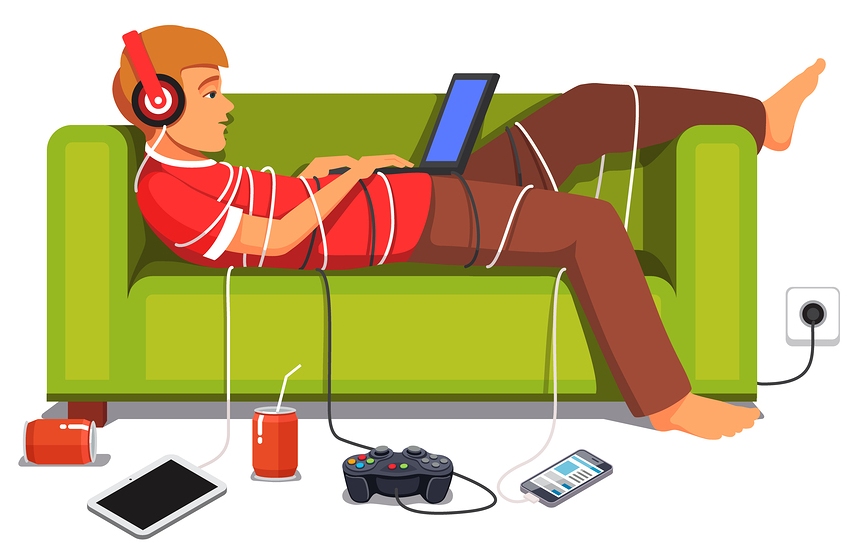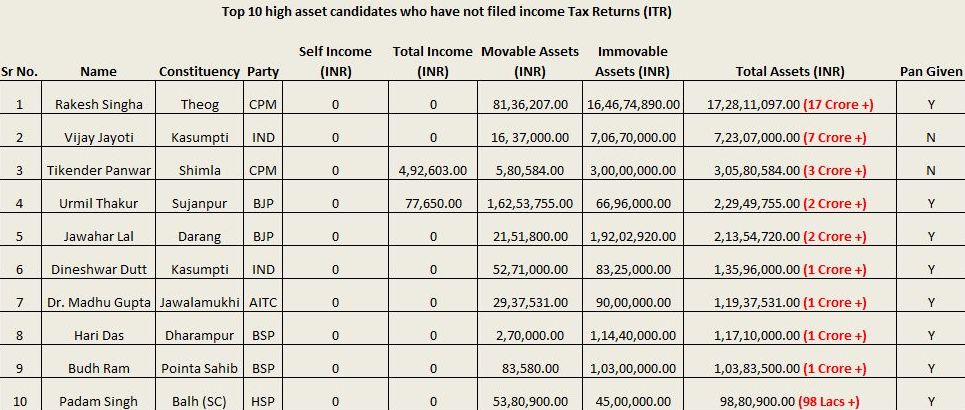With the advent of modern day digital drugs in the form of so called ‘smart’ & ‘cool’ gadgets and, its ensuing rise as addiction amongst school children; the hidden cons of a reckless digital world have now become tragic realities. In a recently conducted survey-based study by UNICEF, titled, ‘Children in a Digital World’, it has been found that nearly 71 percent of the global youth (which includes children upto the age of 15) has now got access to fast internet & modern-day digital paraphernalia. Inevitably, with this enhanced digital footprint; their growing dependence on digital devices in every-day lives, seems to be a normal corollary. But, as a constantly evolving human race, a very pertinent question that we should ask ourselves is whether this digital use or abuse has looted our millennial generation/s from its real life experiences & social interactions, or has it empowered them in ways unimaginable.
I remember, during my good old school days in the late 90s & early 2000s, when the world was still unhurt from the trappings of digital boom; we would play anywhere & anytime with things which were downrightly so simple, yet, the same intrigued us profoundly. Undeniably, now; with smart phones, tablets & gaming boxes substituting those modest joys; the world seems to be shifting diametrically from an era of seeking contentment from humble experiences to that of attaining instant gratification from fabricated illusions of the digital world. I heavily doubt, whether the present-day school-going generation has remained as carefree & playful as ours; rather, on the contrary, I strongly feel that it has become caged, both, mentally & physically, in the virtual prisons of online gaming & social media overuse.
A new study published in PM&R Journals, reveals that in US & UK ,the average screen time for children in the age group of 14 -17 is 7 hours per day, which far exceeds the permissible limits recommended by governments & related health ministries, globally. In conjunction to the above stated fact, various other studies done worldwide have concluded that a majority children who spend high screen hours tend to be less happy in life & face issues in socializing with their peers while having face-to-face interactions. Indubitably, high dependence on virtual modes of communication has built psychological walls of isolation for many kids growing in this digital epoch. In fact, the Facebooks & Whatsapps of today, have resulted in creating a degenerated class of young minds, who are filled with superfluous information of all sorts but lack the very essential skills of analytical thinking & insightful rationale.
Digital addiction, in form of excessive online gaming, internet surfing, mobile texting or screen watching have a dampening effect on an individual’s creative & cognitive abilities. The ongoing PUBG game mania among youth bears a testimony to the fact that perils arising from digital addiction are quite real in our contemporary world & need immediate attention of our policymakers and intelligentsia. No wonder, in the 11th Revision of International Classification of Diseases (ICD-11), WHO (World Health Organisation) classified Online Gaming as a mental disorder. As the use of new modes of digital technologies & means will rise in this century, without an iota of doubt, the society as whole will also witness a high rise in ailments, both, psychological & physical in its nature.
Therefore, governments across the globe should come together & devise a universal global policy/program setting permissible digital use limits for children & adults of varying age groups. In India, Delhi’s Aam Aadmi Party (AAP) Government has been working towards outlining similar guidelines and has set a screen time limit of one hour per day for kids lying in the age bracket 2-5. Other states under the aegis of Central Government can too toil in this direction to frame educational/ICT policies & regulations surrounding Digital Addiction & help in saving the Next Gen kids from a possible Digital Arrest.
Pursuing a masters course at IIT Mandi, Akshay Thakur has worked as a solutions design consultant with Tata Communications





